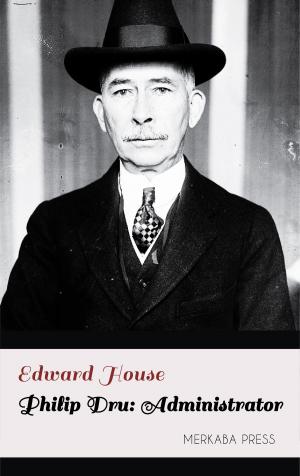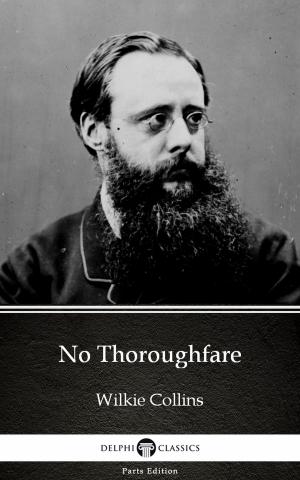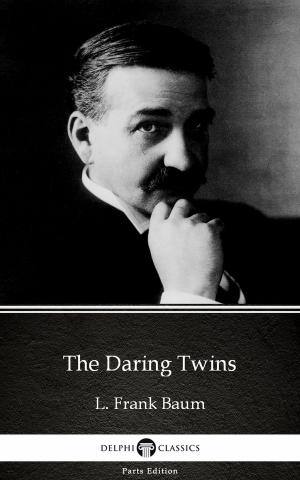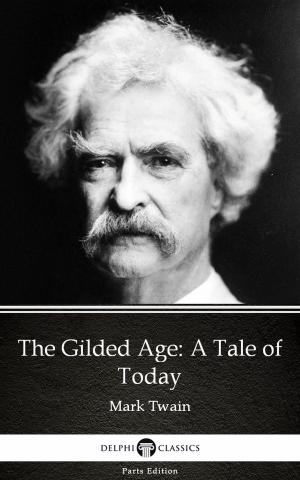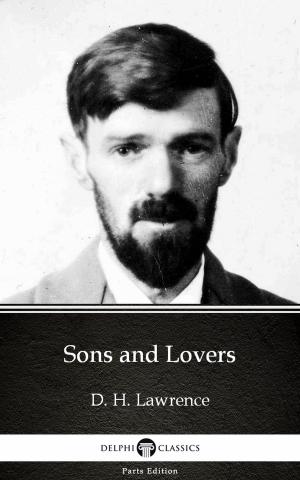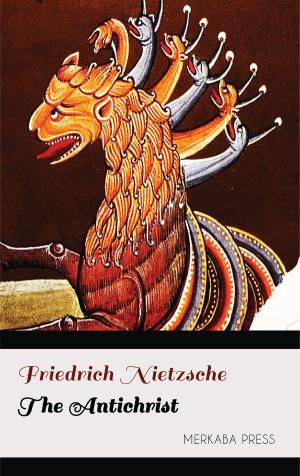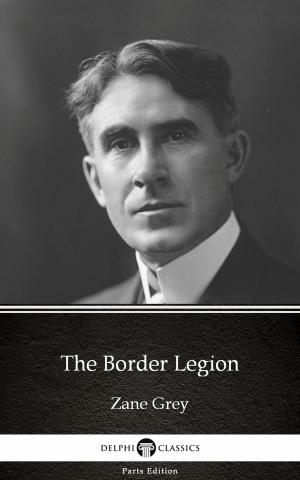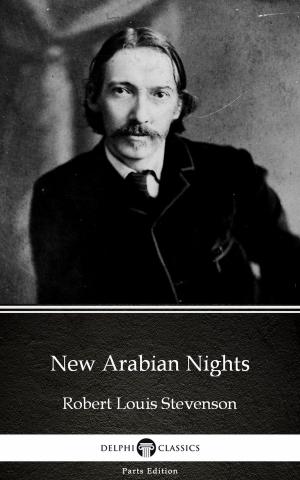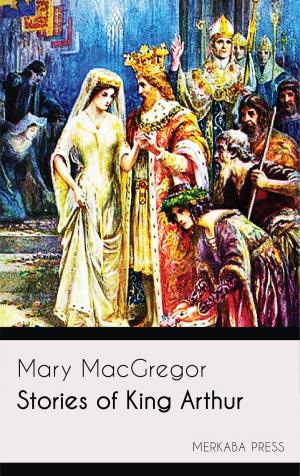| Author: | Arthur Hassall | ISBN: | 6610000020331 |
| Publisher: | PublishDrive | Publication: | July 12, 2017 |
| Imprint: | Merkaba Press | Language: | English |
| Author: | Arthur Hassall |
| ISBN: | 6610000020331 |
| Publisher: | PublishDrive |
| Publication: | July 12, 2017 |
| Imprint: | Merkaba Press |
| Language: | English |
It seems inevitable that Mazarin will always suffer by comparison with Richelieu. The latter, who has been described as the greatest political genius which France has ever produced, appeals to the imagination by the firmness and the success of his policy. The ability with which he managed the foreign affairs of France, and his creation of an administrative system which continued to the Kevolution, place Richelieu in the foremost rank of French statesmen. And yet his successor, though less illustrious, equally deserves to stand among those who have contributed most to the greatness of France. What MM. Hanotaux and d’Avenel have done for Richelieu’s memory has been done for Mazarin by M. Chéruel. Hehas made it impossible for us to regard Mazarin as a mere Italian adventurer, or to agree with Michelet that “ he was an unprincipled actor, libertine, and gambler, who subordinated every question of State policy to the meanest regard for his personal interests ; a miser whose glaring avarice was without a single redeeming quality.” It must be remembered that Richelieu advised the choice of Mazarin as his successor, that during the last year of Richelieu’s life Mazarin shared that statesman’s secrets, and that on the latter’s death Mazarin was at once admitted to the Council of State. In M. Chéruel’s opinion, and in that of all competent historians, Richelieu’s choice was fully justified. Unlike Richelieu, Mazarin had an Italian’s love of intrigue and diplomacy and, was always confident of his ability to bend his opponetns to his will. The history of Mazarin from 1643 to 1661 is not only the history of France, but also the history of Europe. The difficulty, therefore, of writing an adequate biography of him is at once apparent. M. Chéruel’s two great works which deal with the period comprise no less than seven volumes, which contain ample materials for forming an estimate of Mazarin’s character and work. In that historian’s opinion Mazarin was an indefatigable and patriotic minister whose fame principally rests upon his success in making France illustrious by her victories and diplomatic triumphs, and in leaving her on his death the leading power in Europe.
It seems inevitable that Mazarin will always suffer by comparison with Richelieu. The latter, who has been described as the greatest political genius which France has ever produced, appeals to the imagination by the firmness and the success of his policy. The ability with which he managed the foreign affairs of France, and his creation of an administrative system which continued to the Kevolution, place Richelieu in the foremost rank of French statesmen. And yet his successor, though less illustrious, equally deserves to stand among those who have contributed most to the greatness of France. What MM. Hanotaux and d’Avenel have done for Richelieu’s memory has been done for Mazarin by M. Chéruel. Hehas made it impossible for us to regard Mazarin as a mere Italian adventurer, or to agree with Michelet that “ he was an unprincipled actor, libertine, and gambler, who subordinated every question of State policy to the meanest regard for his personal interests ; a miser whose glaring avarice was without a single redeeming quality.” It must be remembered that Richelieu advised the choice of Mazarin as his successor, that during the last year of Richelieu’s life Mazarin shared that statesman’s secrets, and that on the latter’s death Mazarin was at once admitted to the Council of State. In M. Chéruel’s opinion, and in that of all competent historians, Richelieu’s choice was fully justified. Unlike Richelieu, Mazarin had an Italian’s love of intrigue and diplomacy and, was always confident of his ability to bend his opponetns to his will. The history of Mazarin from 1643 to 1661 is not only the history of France, but also the history of Europe. The difficulty, therefore, of writing an adequate biography of him is at once apparent. M. Chéruel’s two great works which deal with the period comprise no less than seven volumes, which contain ample materials for forming an estimate of Mazarin’s character and work. In that historian’s opinion Mazarin was an indefatigable and patriotic minister whose fame principally rests upon his success in making France illustrious by her victories and diplomatic triumphs, and in leaving her on his death the leading power in Europe.

